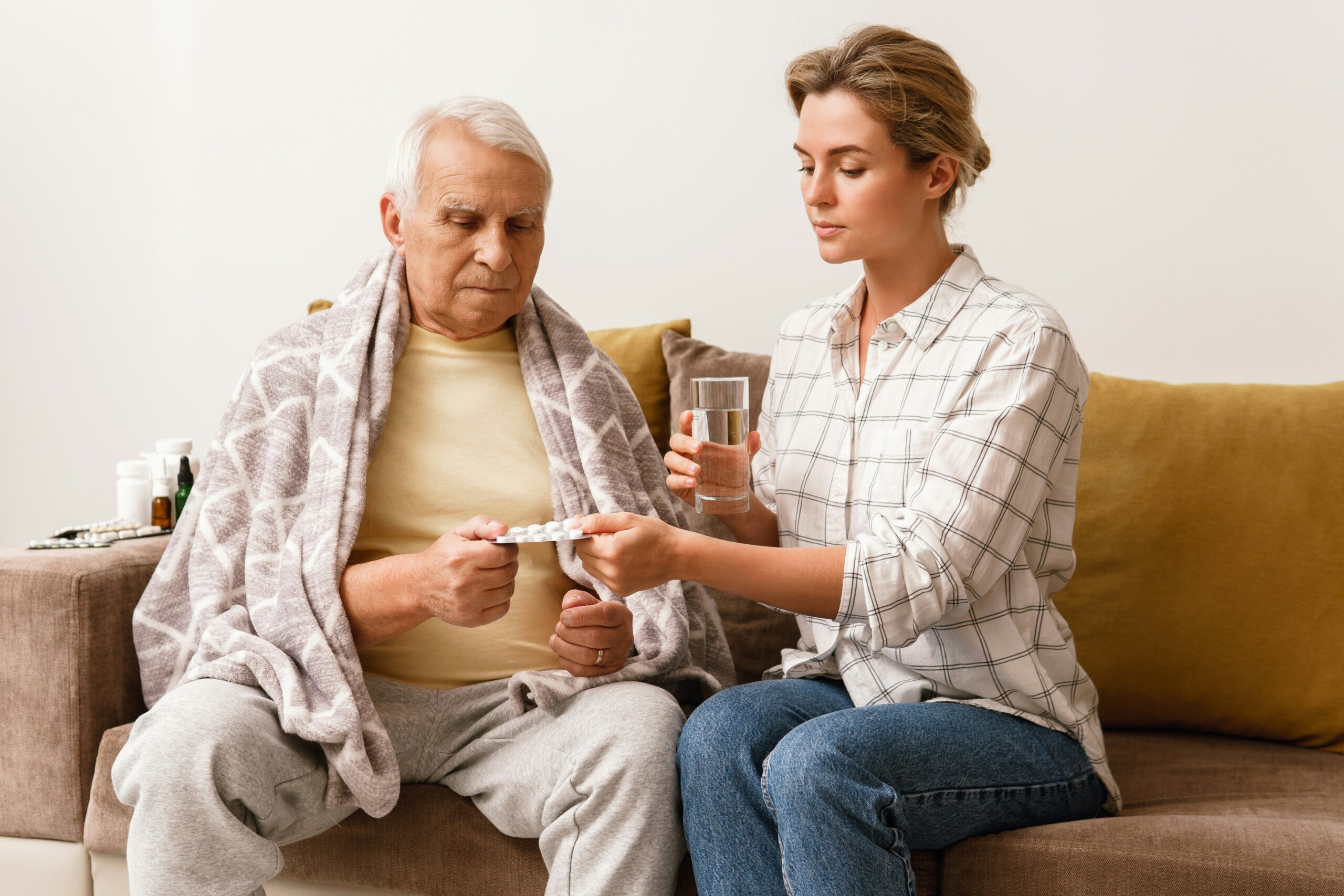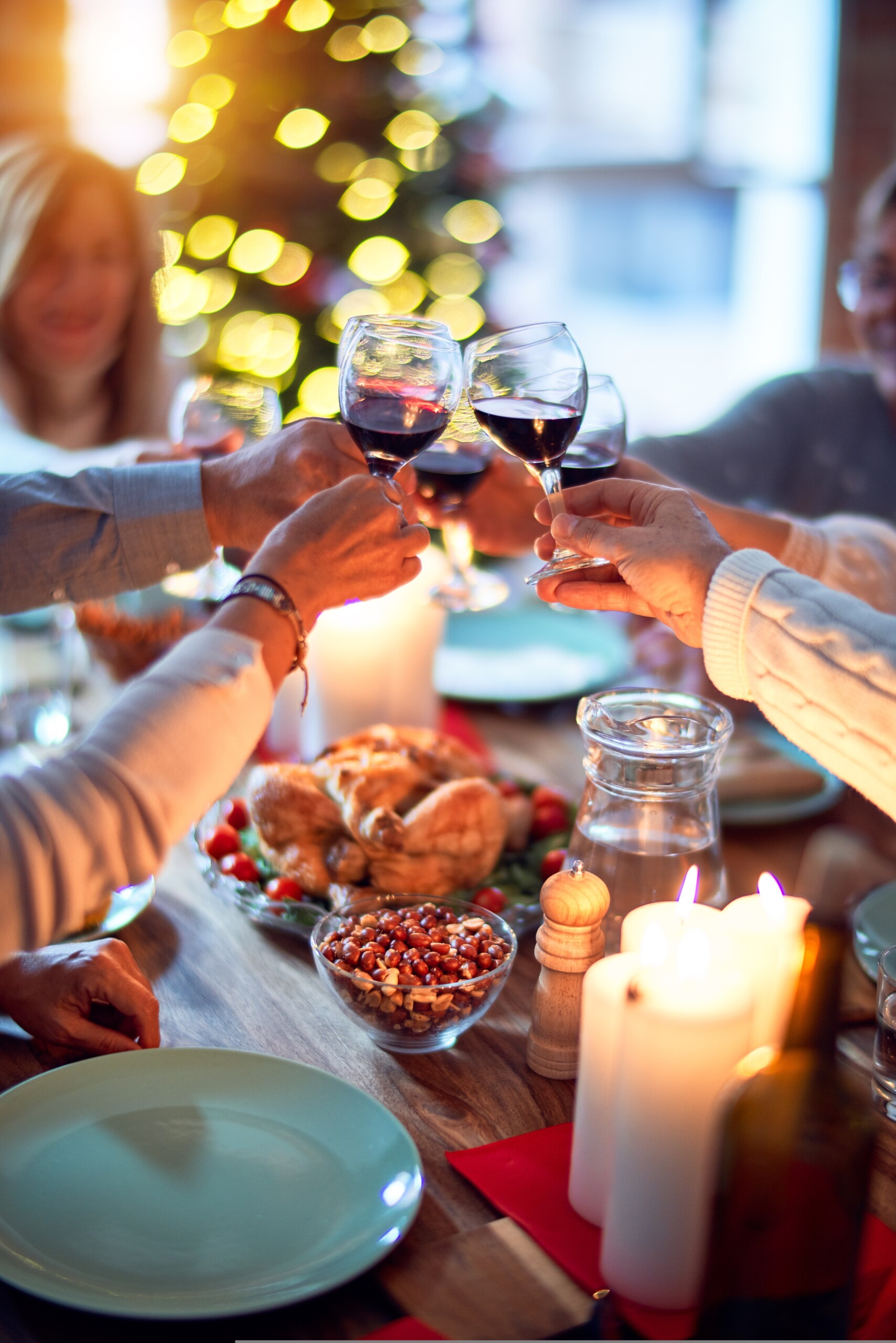As a therapist, I work with a lot of people who are grieving: The loss may be the death of a loved one, a divorce, the breakup of a relationship or the loss of a career, a goal or a dream. There are many more things to grieve in our world than only a death, and working through the grief process with someone else can be very helpful in exploring our feelings and finding our way to healing when needed. It is my firm belief that there is a big difference between moving through, versus “getting over” the death of a loved one. Too many grief books or seminars speak of healing as the absence of pain from the loss of someone we have loved… as if someday we will no longer love, miss or feel the loss of the parent who raised us, the sibling we grew up with or the spouse we’ve spent years with. Author William Worden speaks most clearly and compassionately about grieving a death when he says that we learn to live in relationship with the person we have lost in a different way (paraphrase). When we lose someone we are very close to, and who has been a significant part of our lives, we do not forget them, or “get over” losing them. Just because a person dies does not mean our love dies with them, nor our relationship. The goal of “healthy grieving” is not to erase that person or relationship from our hearts, but to learn to live with the fact that we love someone who is no longer here with us on earth. For most of us, we still dearly love the person we have lost, and still think of that person often; healing simply means that gradually we are able to love them and think of them, without experiencing the same level of excruciating pain that we feel early in our grief.
The holidays are a good time to talk about grief, whether you have lost someone recently or a long time ago, and whether that loss is from a death, a move, a break-up or a divorce. Loss is loss, and our hearts hurt in a particularly difficult way sometimes at the holidays. Holidays are usually a time of celebrating with loved ones, whether that is our biological family, or our family of choice. And if someone is missing from our table, it is natural that we would notice it in a particularly acute way during the holiday season. Not only do individuals who have had a recent loss feel to “empty chair” at their holiday table, but those whose losses are long ago may feel it as well. Every year, I also work with a different kind of grief as well—that of the many people who have grown up in difficult homes, in difficult circumstances, for whom their family of origin was not, and may never be a safe place. It is possible to grieve something we have never had just as much to grieve something we had and lost.
And during these upcoming “Strange Holidays 2020,” I believe this is another potential layer of grief to cope with. It looks possible that many of us who usually celebrate with family or friends across the country, or even just across the bridge may be celebrating in a smaller or different way this year, due to Covid 19. Though each person will figure out how to celebrate 2020’s holidays in their own way during the pandemic, I believe it is inevitable that some of our holidays may look quite different in 2020. As this news begins to dawn on many, I believe having some tools to grieve that loss will be important. I also know as a therapist that planning ahead and thinking of ways to reframe these changed holidays can help to soften the potential impact of less communally celebrated holidays.
In the world of counseling, “reframing” is the term for helping a client to find truthful, accurate alternative ways to see something from a different point of view. For most of us, it is fairly natural to see the negative side of an event that has caused us pain. This is a natural human reaction to getting hurt. It can be far more difficult to see a painful event from anyone else’s point of view, though, or to see what else that same phenomenon also might mean. Reframing does not mean denying that something has hurt us, but it does mean doing the hard work of looking at that same event from more than just one angle. Some therapists will tell you “anything” can be reframed, and I imagine for some of us, that is true. People who are quickly able to, “see the bright side,” of something are, if they are also being true to their own feelings, finding a way to reframe something. I am not a therapist who tends to use the approach that anything can be reframed with my clients. I am not sure that it is helpful to “try to help someone see the other side of,” a sudden death, or a painful event, or an instance where they were victimized in some way. But I do think reframing this year’s holidays is a possible, and even a good, idea.
If you are not going to be gathering in the same way with the people you love this year, is there some way to start now to think about ways to make that time as normal, comforting, rejuvenative or redeemable as possible? If you are going to be alone for the holiday, or with only a small fraction of the group you would usually be with, is there a way to somehow at least make meaning out of the day when you are not sitting at the normal, loud, overflowing
holiday table with 30 of your friends and family? God willing, this is only one holiday we need to spend this way this year: so, can you find some way to still make this very different holiday still a meaningful one for yourself and those you spend it with? Can you find a safe way to still celebrate life, and love and blessings, even though it is not your preferred way of doing so?
For individuals or small families who are low risk, can you mask up and serve dinner at a soup kitchen? Or make a project through the holiday season of collecting food for a food pantry? Can you plan to do something wonderful for healthcare workers on a holiday, like sending dinner, or flowers, or PPE? Can you take a safe, local day trip and see something beautiful?
For those who are high risk or need to stay largely socially isolated due to the pandemic, there are likely as many ideas as you can come up with. If you are alone this holiday, can you consider making homemade decorations for your home to represent the things you are grateful for this year? Or decorate the outside of your home/apartment in a way that might honor healthcare workers, first responders or simply entertain the neighbors? Many healthcare workers, no doubt, will be working double shifts on holidays, if our numbers stay the way they are this fall. Can you find out how many people are on shift in a particular unit in your local hospital and send pizza? Or an uber-eats restaurant delivery? Can you make your own individual meal for yourself, or your smaller group of immediate family, and then set up a Zoom dinner with the extended relatives/friends?
Rather than treating this holiday as a loss, can we find a way to make the day a time of quiet retreat? And focus not only on any grief we may have over what it is not, but also on being the change we would like to see in the world around us? Or if we need self-care and nurturing and cannot focus on giving to others, can we at least gather our favorite holiday movies, pick up some great bubble bath at the store, order in our favorite takeout and snuggle down for a Christmas day movie marathon?
Reframing what this coming holiday season might look like does not mean pretending it will not hurt to miss sharing it with our loved ones. Through Covid 19, many of us have lost our normal routines, and tragically some of us, our lives, our health or our jobs. This is not a Pollyanna approach to a difficult time. It is simply an invitation for those who are feeling the potential grief of Holidays 2020 to also make it more than only that. Can we make it a time to love and help and hope and pray for others? In addition to it being a different holiday, can it also be the one we send gifts to the nursing home, or cards to the seniors in our neighborhood? As Oriah Mountain Dreamer says in the poem, The Invitation:
“It doesn’t interest me
to know where you live
or how much money you have.
I want to know if you can get up
after the night of grief and despair
weary and bruised to the bone
and do what needs to be done
to feed the children.”
Can we?
Carey Gauzens, LCSW, CP has been with Center for Pastoral Counseling of Virginia since 1994, and is a therapist in Alexandria. She sees adolescents and adults and is available to give presentations at community events. Carey is a past Clinical Coordinator for CPC, and is an adjunct instructor in Social Work at George Mason University. She can be reached at careygauzens@pastoralcounseling.com.
Request an Appointment
Individiual, Couples, Pre-Marital, Family,
Children's Counseling and Clergy Assessement
Was It Helpful To You?








